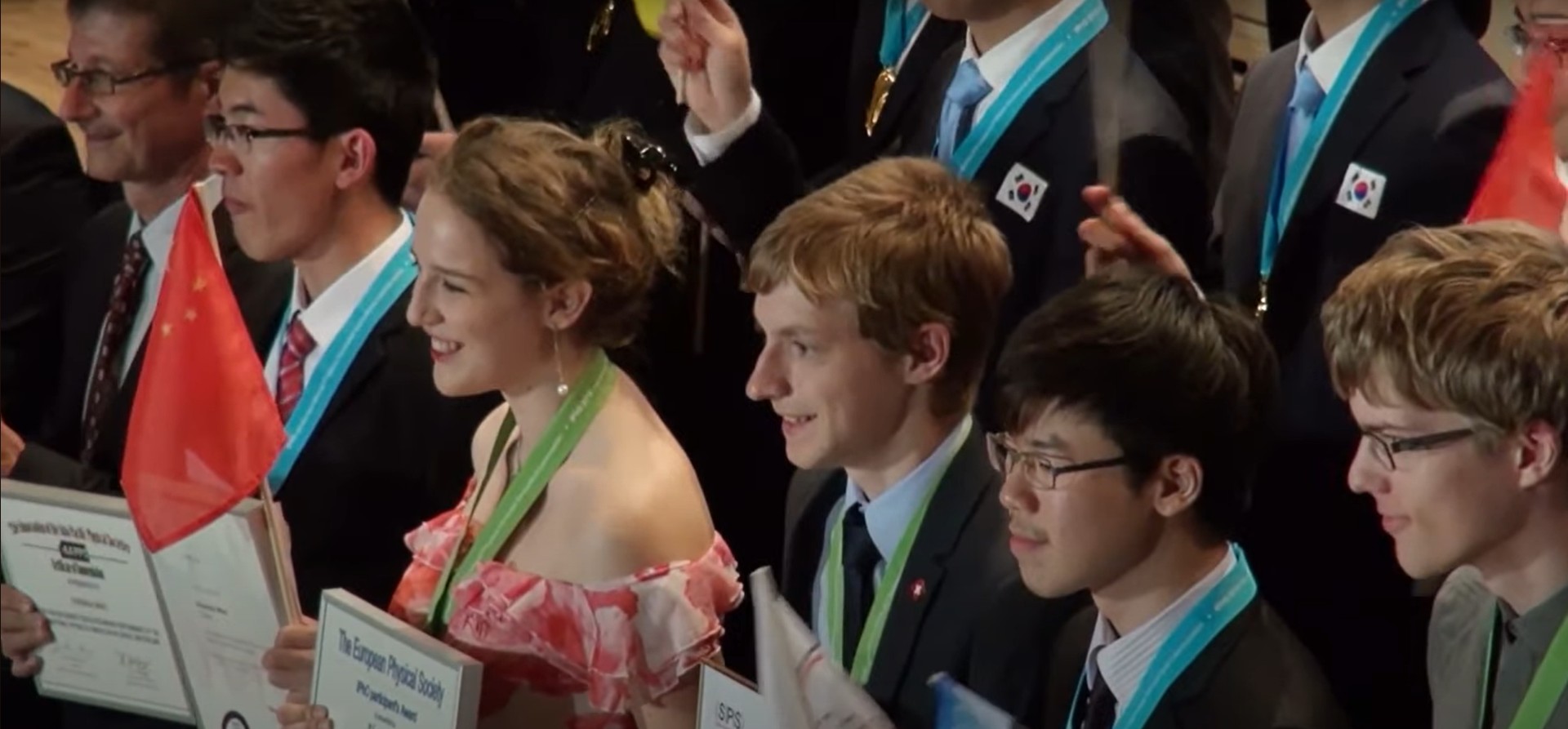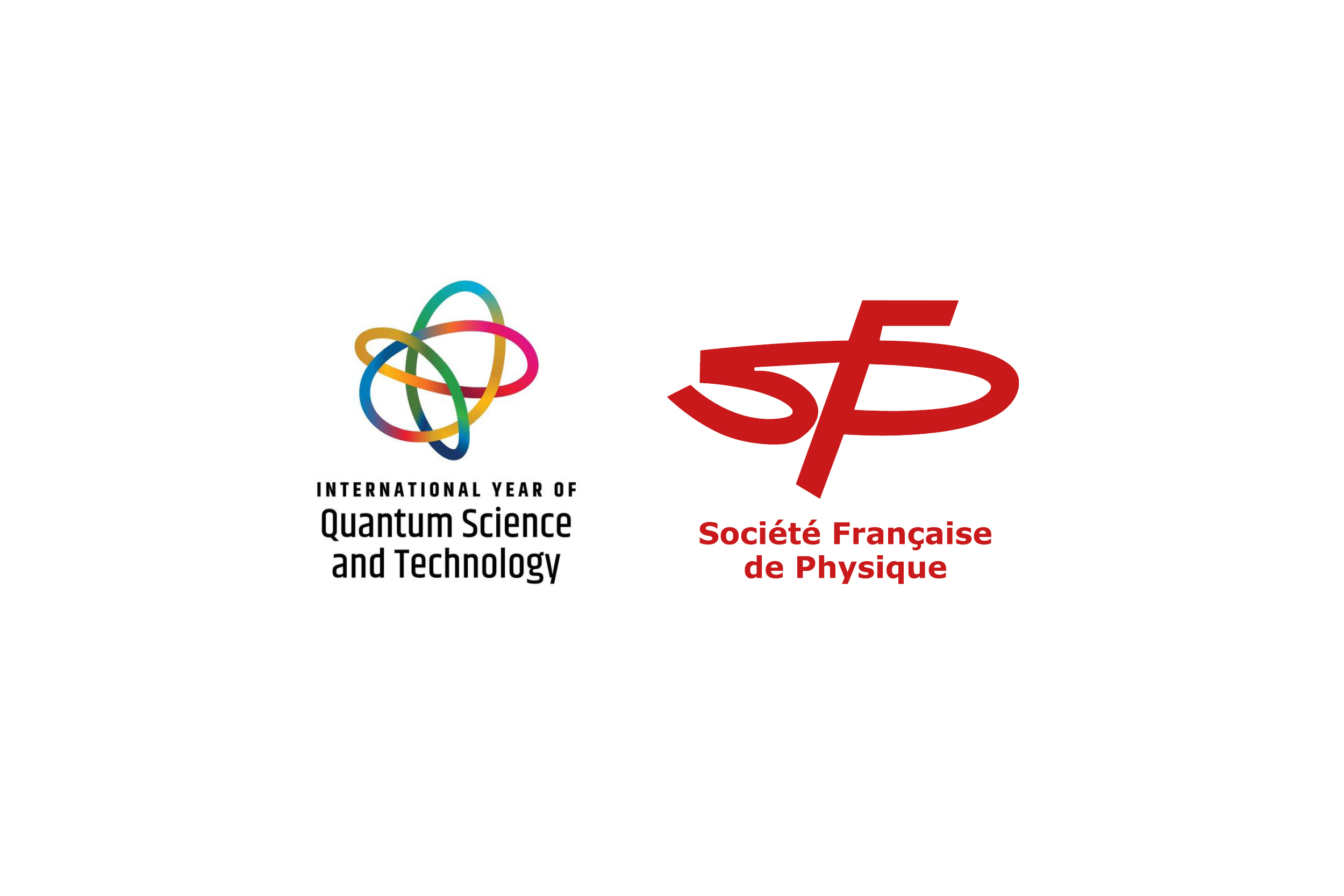Lyderic Bocquet lauréat du prix Gentner-Kastler 2022
The Gentner-Kastler Prize is awarded jointly by the DPG and the Société Française de Physique. It is awarded annually for particularly valuable scientific contributions to physics, alternately to a physicist living and working in Germany or France
 |
Lyderic Bocquet, 53, Director of Research CNRS, has always followed his own tracks. He was trained as a theoretician in fluid dynamics and statistical physics, and in 2002 launched an experimental group to study fluids at interfaces at University Lyon 1 first and then at ENS Paris. Lyderic Bocquet brought the entire field of fluid dynamics towards new frontiers. He has experimentally and theoretically explored fluid dynamics at the boundary to statistical physics, nanoscience, chemistry, membrane science, and even hard-condensed matter. As a common thread, LB made pioneering contributions on the role of interfaces in fluid dynamics, from the macroscopic down to the molecular scale. At first, he has completely unraveled the flow conditions near hydrophilic and hydrophobic surfaces experimentally and theoretically using both numerical and analytical approaches and bringing seminal contributions. The "de Gennes" type extrapolation length were shown to range from Angstrom size to several microns, a completely unexpected feature with a highly non-trivial physics. Recent contributions go all the way to quantum friction. In a very daring move, LB used this know-how to investigate the flow through carbon and boron nitride nanotubes either assembled in membranes or even at the single tube level, an amazing "tour de force". Again, he obtained completely unexpected results, which he explained with beautiful non-trivial theory. Very interestingly, as a consequence to this work he developed the idea of harvesting energy from osmotic differences, showed world record "blue" energy transduction and created a start-up based on these ideas. More recently he has turned his interest towards ion transport in confined environment. The study in nanotubes and in monolayers confined between graphene or boron nitride planes is amazing. |
His recent paper (Science 2021-08-06) reports on modeling of emergent memory and voltage spiking in ionic transport through angstrom-scale slits, a prototype scheme for an artificial neurons.
He goes all the way to applications. He has founded four start-ups. He also has published beautiful work on the "teapot effect", on "splashes", "stone skipping", "Ice sliding", magneto-tactic bacteria, kidney function, just to quote a few. In the two first studies on splashes and on the teapot effect, he showed more deeply how hydrodynamics couples counterintuitively to surface effects, even at large Reynolds and Weber numbers.
Lydéric Bocquet has developed and still maintains excellent connections with German teams. He received the Friedrich Bessel Humboldt Prize in 2007 and he stayed for a complete year in 2007-2008 at the TU Munich, and a semester in 2019 - 2021 at the FU Berlin. This collaboration continues until now. Presently, he is PI of a joint CNRS Max Planck network initiative on “nanoscale water” with Mischa Bonn to develop collaboration between German and French labs on emerging topics at the interface between fluid dynamics, nanoscience and condensed matter.
More information about the Prize and the past laureates : clic here
Article posté le 05/09/2022


